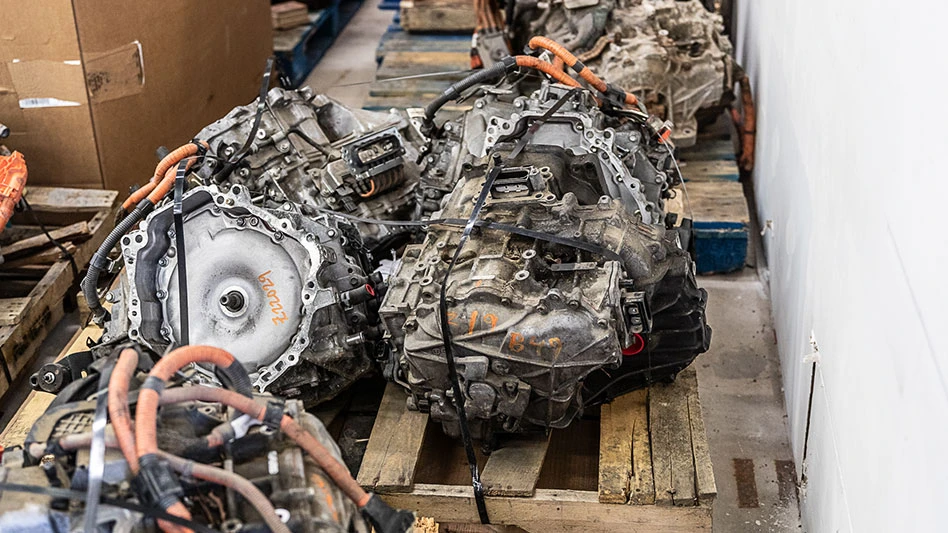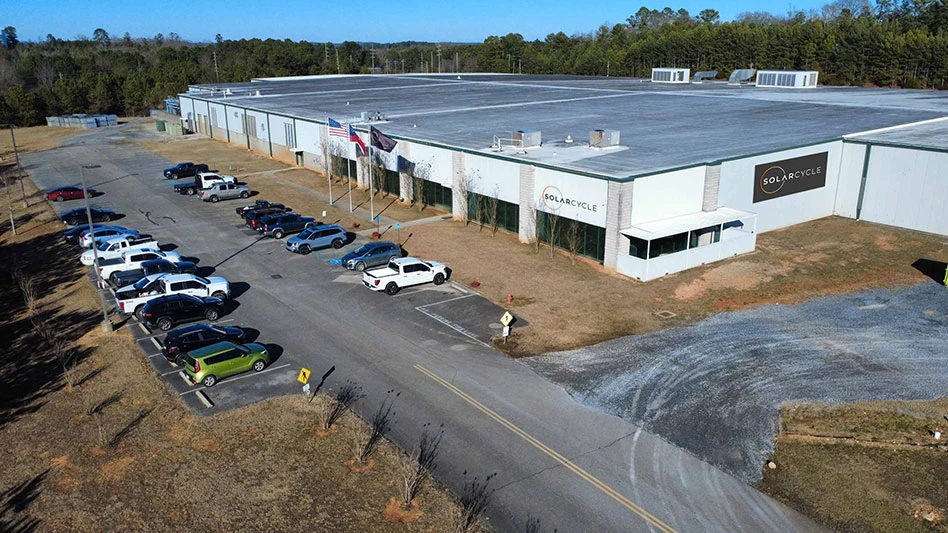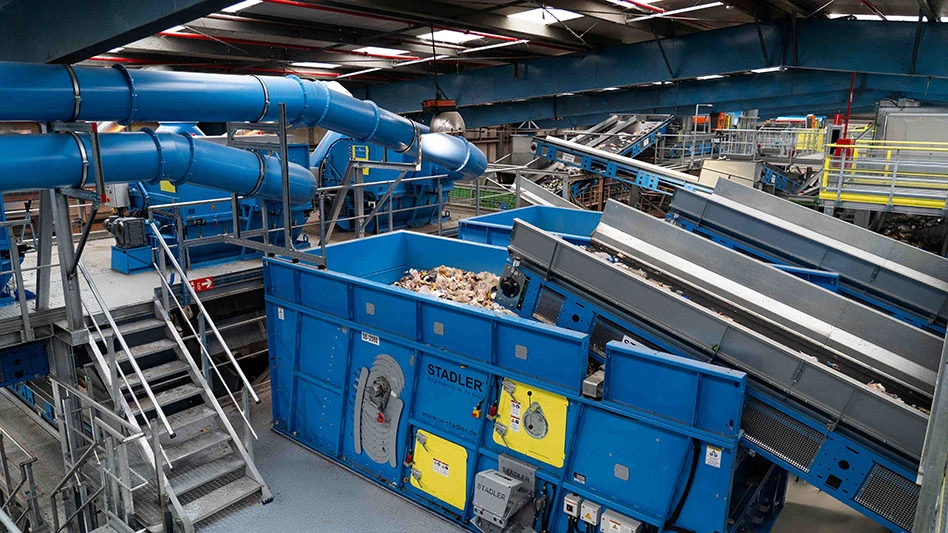
Photo courtesy of Redwood Materials
Redwood Materials, Carson City, Nevada, recently partnered with Lime Micromobility, which produces e-bikes and scooters, to collect and recycle the medium-format lithium-ion batteries that power those products.
In a web post announcing the partnership, Redwood says that by working together, they are closing the loop on critical minerals, reducing waste and strengthening a circular battery supply chain to support the broader transition to electrification.
Redwood says it is committed to building “efficient recycling pathways” for batteries of all sizes, and previously has established partnerships with micromobility brands such as Lyft, Rad Power Bikes and Specialized to recycle their e-bike and scooter batteries. The company says that as the use of medium-format batteries expands, so does the need for responsible end-of-life management.
RELATED: Redwood Materials partners with Isuzu Commercial Truck
“As transportation electrifies, medium-format lithium-ion batteries—such as those found in e-bikes and electric scooters—play an essential role in urban mobility,” Redwood writes, adding that these batteries range in capacity from 300 watt-hours to 1,000 watt-hours, making them larger than those in small consumer electronics but smaller than the high-voltage battery packs used in electric vehicles.
The company says the batteries’ energy density and chemistry require careful handling, following strict regulations for transport, storage and recycling, and improper disposal can pose fire hazards, contribute to environmental contamination and waste valuable materials such as lithium, cobalt and nickel.
“At Redwood, our recycling process ensures that more than 95 percent of these critical materials are recovered and reintegrated into the battery supply chain, reducing reliance on newly mined resources,” the company says.
“Redwood is dedicated to increasing battery recovery rates by expanding our brand partnerships and enhancing our consumer battery collection programs. Beyond our growing network of collection opportunities, we actively collaborate with policymakers nationwide to develop comprehensive battery collection programs. These initiatives aim to provide accessible drop-off points, community collection events and educational outreach to make recycling e-bike and scooter batteries as simple and convenient as possible.”
Citing research from People for Bikes, Redwood says that over the past five years, e-bikes have been the No. 1 growth driver in the bike industry, accounting for 63 percent of total dollar growth in bicycle sales between 2019-2023. At the same time, a 2024 report from the North American Bikeshare and Scootershare Association (NABSA) claims shared micromobility solutions continue to gain momentum, with 64 percent of shared rides in 2023 taken on electric devices.
Redwood says that to support this shift, it is building efficient and sustainable recycling pathways for small-, medium- and large-format batteries by partnering directly with original equipment manufacturers (OEM). “By working alongside leading micromobility brands, we are setting the industry standard for responsible battery recycling while advocating for policies that prioritize safe and sustainable end-of-life solutions for lithium-ion batteries.”
The company notes that it continues to work with businesses, policymakers and consumers to create convenient and safe recycling options for batteries.
Latest from Recycling Today
- Volatility wave hits copper pricing
- ArcelorMittal legal battle with Italy continues
- Altor program boosts EPS recycling
- IP to spin off non-North American operations
- Flexible Film Recycling Alliance report outlines progress
- RERF opens Avagliano award nominations
- Eriez expands European sales network
- Gränges increases sales volume in 2025





